BMW X5 has overheating problems in time ( like other cars, too) – Discover the issues and all the steps on how to fix them. Check out this useful article below.
Affected BMW X5 Models:
- E53 BMW X5 (1998-2007)
- E70 BMW X5 (2007-2014)
- F15 BMW X5 (2014-2018)
- G05 BMW X5 (2018-Present)

The BMW X5 is a mid-size SUV produced by BMW since 1998, with the first generation codenamed E53. Please read the entire article about this great SUV and its engine overheating problem, as well as the solutions to fix or prevent this. The X5 was always referred to as an SAV by BMW, which stands for Sports Activity Vehicle; however, the rest of the market called it an SUV, since there were no different dimensions from other SUV competitors like Audi Q7, or Mercedes ML. The X5 has been the benchmark of SUVs in the luxury SUV segment since its launch.
The BMW X5 is incredibly reliable with few mechanical failures, one of which is the overheating of the engine which can be fixed or prevented, so there is no need to worry… The car should not be driven in the event of the engine overheating, an immediate call to the service for a fast fix is required… this is to avoid possible damage to the engine.
In 2007, the X5’s second generation was publicly introduced under the E70 model, offering the latest tech features not found in competitors’ cars, along with an optional 3rd row that increased seating capacity to seven and a high-performance variant came out as a BMW X5 M, which had a twin-turbo V8 that was producing 555hp and 500lb/ft.
However, the launch of the E70 also brought along with it a problem that every E70 X5 owner dreaded, which was the cooling system failure. The cooling system was notorious for its premature failure, which caused the engine to overheat in many instances. The majority of cooling failures were in the 2007 BMW X5, which was the first year of the E70 model; later model years experienced the issue as well but in lower numbers.
Main Reasons for Engine Overheating
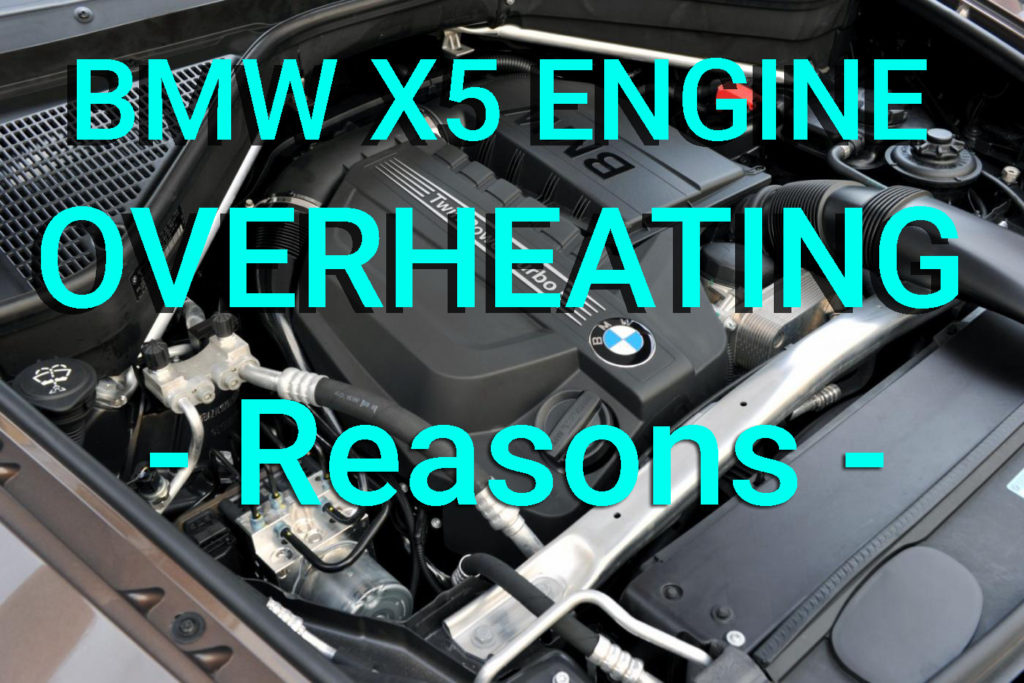
An engine in a car may get too hot because of many reasons, for instance, less coolant, damaged radiators or radiator fans, or leaking coolant hoses. However, in the E70 BMW X5, the overheating problem is a result of the poor efficiency of the cooling system that is brought about by the ineffectiveness of the water pump as well as the thermostat. In the E70 BMW X5, the water pump is electric and the thermostat is integrated into one unit so if either component fails, the entire unit has to be replaced.
When the water pump fails, the car begins to overheat and the fans turn on at full speed to cool down the car, alongside that, the car is automatically put into a limp mode along with a message on the infotainment system which states ‘engine temperature too high drive moderately’, in which power is severely reduced to prevent further damage to the engine, many times, the temperature sensors can also malfunction and report a higher temperature, which causes the car to exhibit the same behavior, the sensors, however, are a cheaper fix than the pump.
Problems Explained
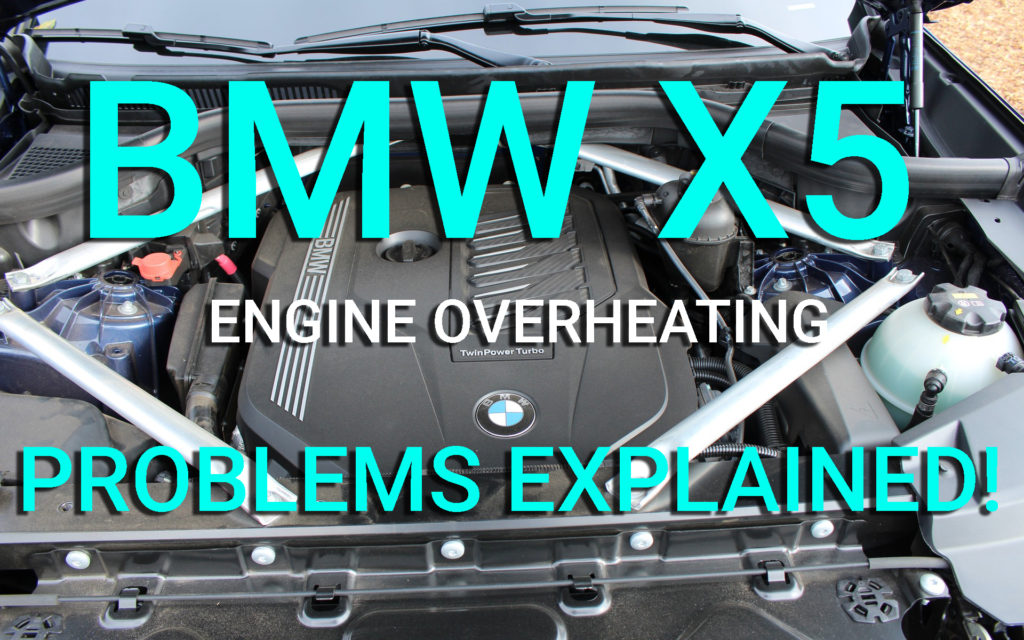
The E70 BMW X5, unlike many other cars of its time, relied on an electric water pump that was made mostly of a plastic material that easily degraded over time, causing the engine overheating issue, rather than a mechanical water pump that many other cars at the time used. Initially, the pump proved to be more efficient than the traditional, mechanical pump, which is why it was very well received.
However, as time passed and the pump degraded, the shortcomings of the electric pump became quickly known. Early failures, untimely failures, and general undependability were the characteristics that were associated with the cooling systems of not only the X5 but many other cars in the BMW line-up, as they utilized the same pump. This problem plagued the vast majority of the BMW line-up in the mid to late 2000s, so, this problem caused the BMW X5 engine to overheat.
How to Avoid This Problem

Generally speaking, preventative maintenance such as coolant flushes, and regular maintenance such as replacing various gaskets and seals along with rubber hoses that can generally degrade with time and age, would help prevent the engine overheating problem, but in this case, nothing much can be done due to the fact the pump itself has a critical design flaw, which means that you wouldn’t be able to prevent its imminent failure.
The most you could probably do is watch for when your car’s fans begin to ramp up or you see the temperatures gradually rise out of the regular values, to prevent yourself from being stranded, later on, have the car towed to your mechanic and have it inspected, if the water pump is dying, it will need a replacement promptly to prevent you from having to deal with a major breakdown on the side of the road, which can be very inconvenient and dangerous too.
How to Fix This Problem

The problem is rectified by a very straightforward solution, which is to replace the electric water pump with an OEM or OE replacement. Using aftermarket parts is generally not recommended because they might not have many required certifications, only in a few instances, some aftermarket parts perform better than the manufacturer’s OE parts.
You can choose to fix the BMW X5’s engine overheating issues yourself if you have the skills to do so or have a certified mechanic with expertise do it for you. Keep in mind that you can damage your engine if you leave the problem ignored for long.
How Expensive is It to Repair?
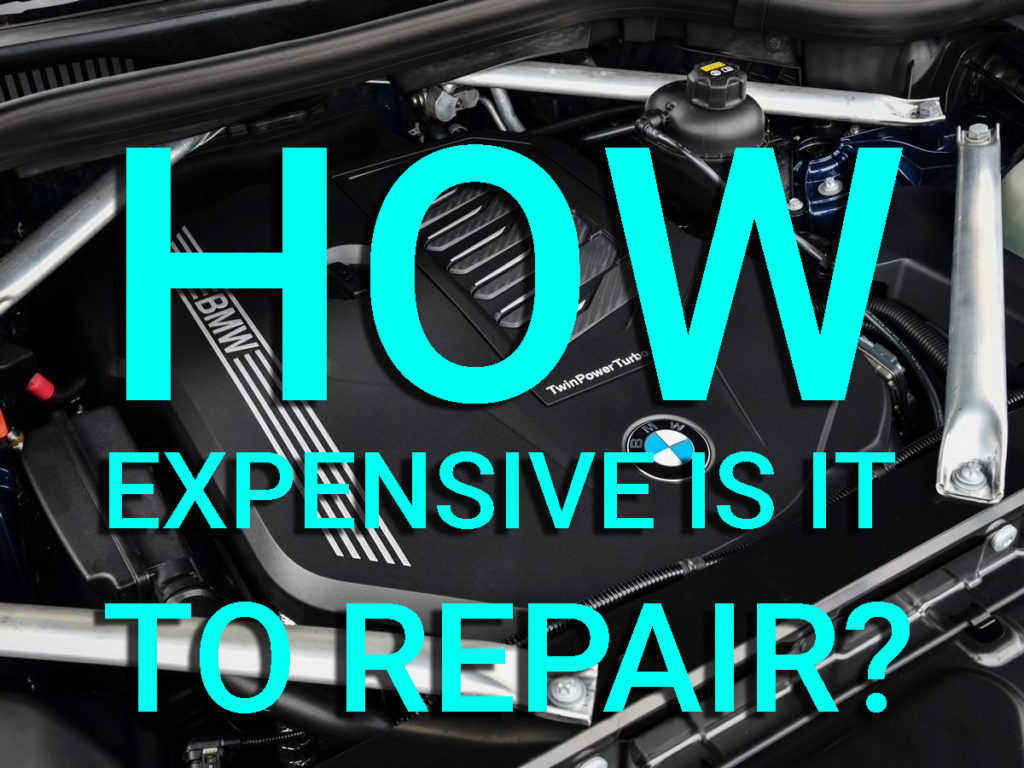
BMW X5 engine overheating repair costs… how much? – The repair costs can be pretty hefty since the BMW X5 is a luxury German SUV with heaps of complicated bits, along with very tight spaces around the cooling system and engine area. if you get the repair done from a dealership outside of warranty, the costs of the repair can exceed upwards of $1000. The pump itself varies from $300-$500 depending on whether you have four-zone climate control or not.
However, if you perform the repair by yourselves, you will have to only pay for the parts and will save you more than $600, which would be the price for labor alone. Being smart and trying to save in particular areas such as labor and getting the best-priced parts can also significantly reduce the overall costs.
Is There a Recall About This Issue?

Yes, BMW has issued multiple recalls over the same overheating issues, one in 2011 and another in 2018 because the pumps caused the circuit board within the pumps to overheat and become a fire hazard since the plastic build of the pump itself was very fire-prone and could easily catch fire. Two recalls were performed because BMW was not able to fix all the cars in the first recall as more cases of pump failure and small fires slowly spread, eventually destroying the whole car and burning it down. In multiple instances, BMW cars have caught fire, such as the 3 series, 5 series, X5 and X6.
The resolution given in the second recall by BMW is the substitution of the pump for an updated design with a more efficient inner design and material but it is still made of plastic.
Is the BMW X5 a Reliable Car?

The BMW X5, like other German luxury SUVs, requires meticulous care, and one should follow its manufacturers’ requirements to keep the car running the way that it is designed to, except that German car manufacturers build their cars with highly intricate engineering and, in an effort to reach the top, often they overlook the small parts of the cars.
In the X5’s case, the car, in general, is very reliable, with no major faults other than the water pump and a few other electric gremlins. However, as these cars age, they heavily depreciate to the point where most of them sell for 70% off their MSRP just a few years later down the road, which prompts many people on the used car market to purchase one, without realizing that they will have to spend a lot more money in maintaining the car.
This is why most of these cars begin to fall apart and most of their owners begin to neglect the car to the point where it can’t even drive safely without endangering the occupant’s lives. This isn’t the case with the X5 itself, it happens to most luxury cars after they depreciate within a few years, unless they are maintained by their owners.
A great example is the BMW X5’s tires, they are not the size that a regular SUV would have, especially the rear tires, they are very wide, and changing all 4 tires on an X5 easily costs upwards of $1000.
Conclusion

While the BMW X5 is not a bad vehicle, nor is it unreliable, it does require a lot of maintenance for it to perform at its best, like most other luxury cars of its era. If you are looking for a used one, make sure you buy one that has had its maintenance done on time and all of its gremlins taken care of because otherwise, the car will be a nightmare to The best choice would be to buy a car from a well-established dealer who would give you an opportunity to have a pre-purchase inspection and offer at least 6 months warranty.
This guarantees that you are delivered an excellent car that has a good history and has been well maintained; all these are some of the major elements of ownership of a stress-free car.
E53 BMW X5 (1998-2007) – Photo Gallery

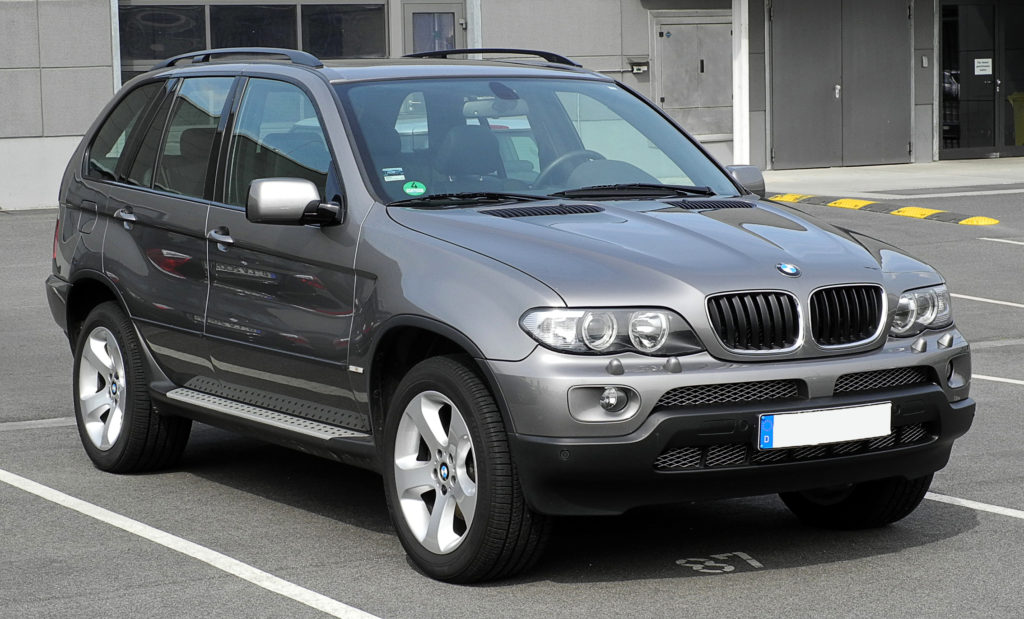




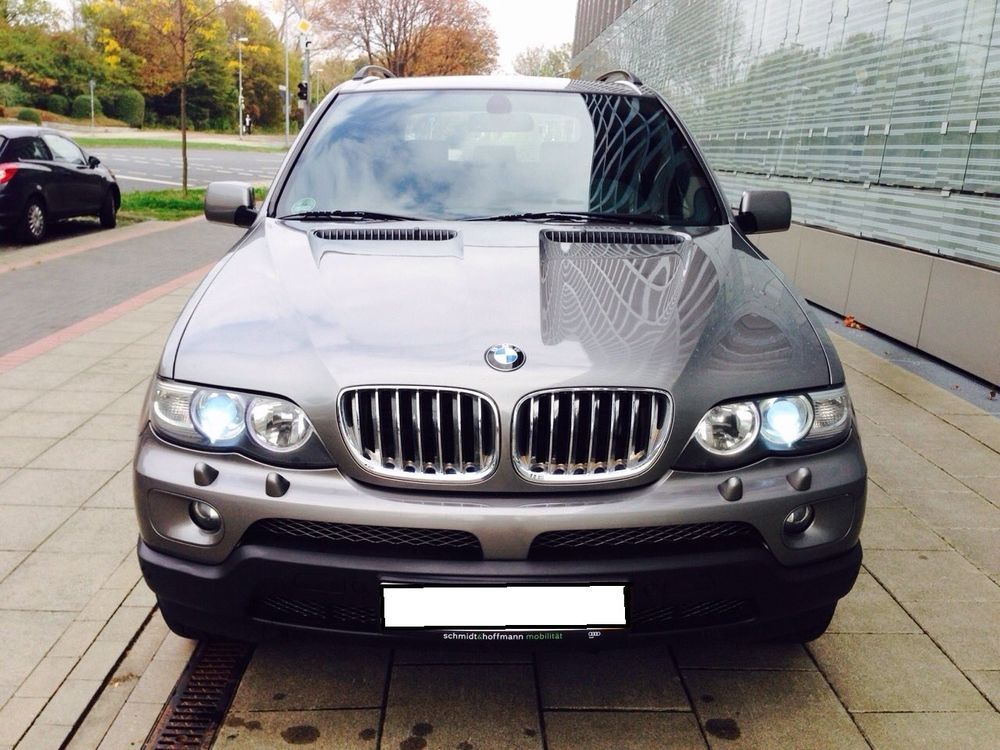
E70 BMW X5 (2007-2014) – Photo Gallery


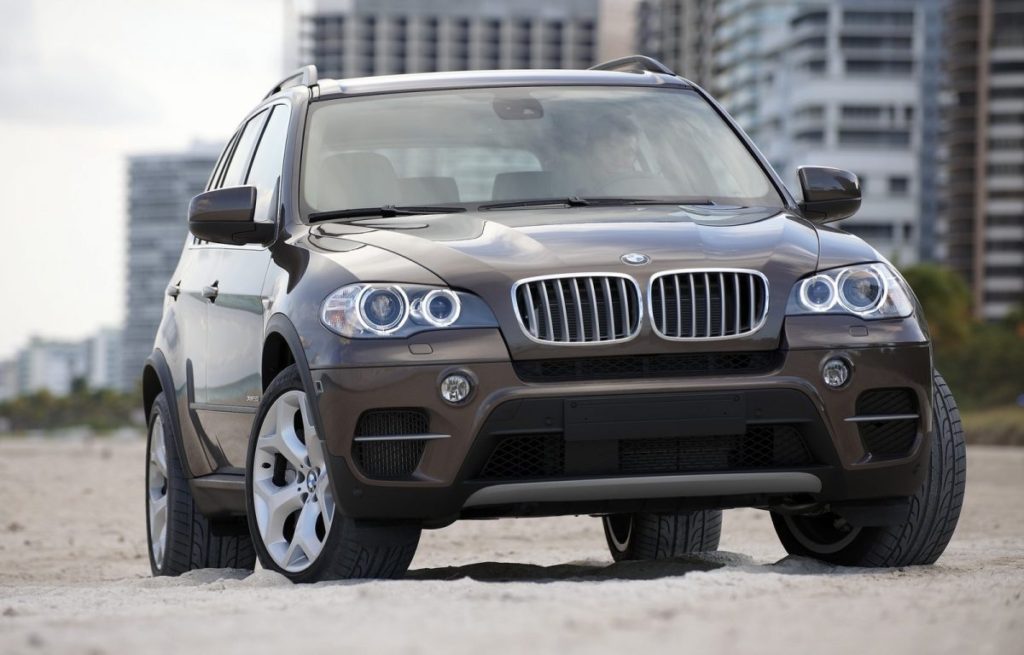

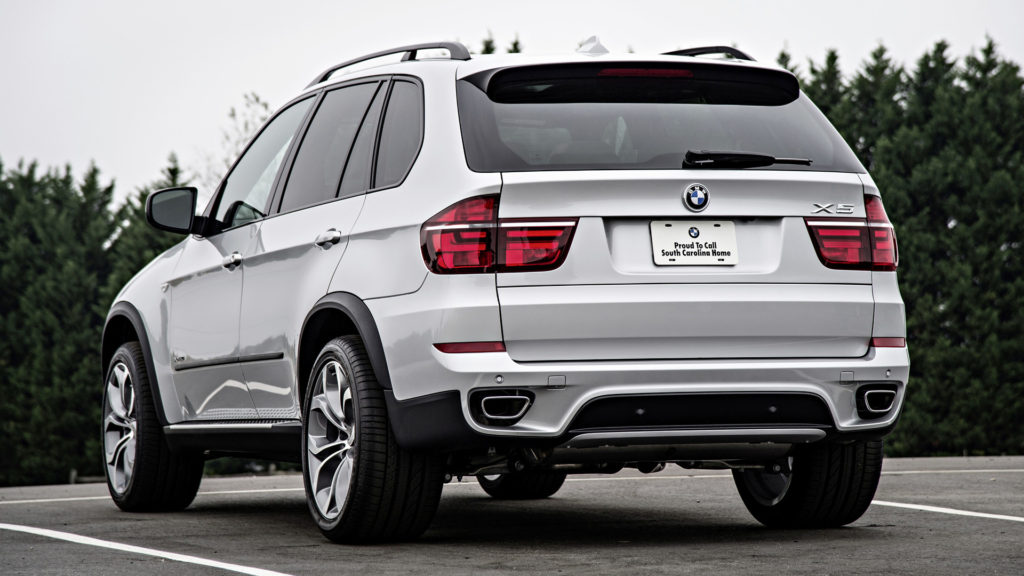


F15 BMW X5 (2014-2018) – Photo Gallery



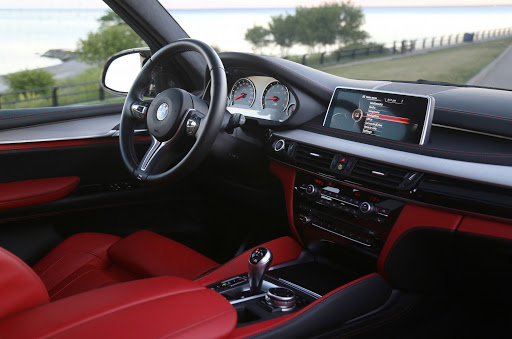
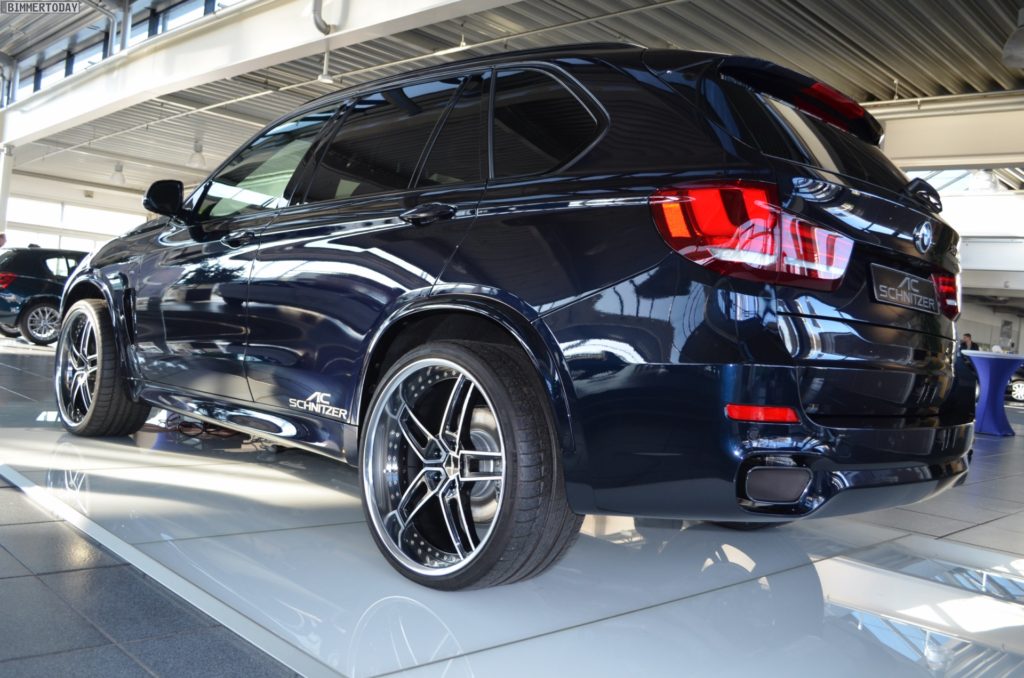


G05 BMW X5 (2018-Present) – Photo Gallery











